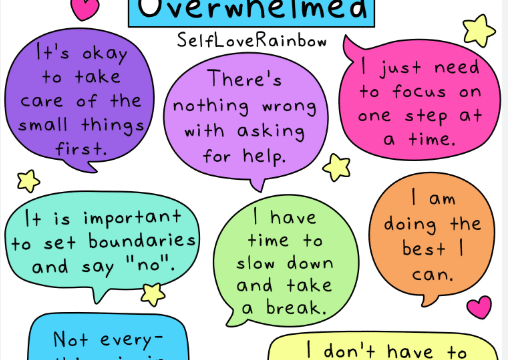Memorization is a skill that we all need at different points in our lives—whether it’s for school, work, or even remembering important events. While memorization may seem challenging at times, there are various techniques that can make the process easier, faster, and more effective. With the right strategies, anyone can improve their ability to memorize and retain information.
1. Understand What You’re Memorizing
Before diving into memorization, it’s important to truly understand the material. When you know what you’re learning, it’s easier to remember. Take the time to go through your notes or reading material, and ensure you have a good grasp of the main ideas and concepts. If something doesn’t make sense, don’t just memorize it blindly—take a moment to clarify your understanding.
2. Break Information into Smaller Chunks
Our brains work better when information is broken into smaller, bite-sized pieces. This method is called chunking. For example, if you need to memorize a long list of numbers, break them into smaller groups (like 123-456-789) instead of trying to remember them all at once. The same principle applies to words, facts, and other pieces of information. By organizing things into manageable chunks, it’s easier for your brain to remember.
3. Use Mnemonics to Create Associations
Mnemonics are clever little tricks that make memorization easier. A mnemonic helps you link what you’re learning with something you already know. For instance, to remember the order of operations in math (Parentheses, Exponents, Multiplication, Division, Addition, Subtraction), you could use the phrase, “Please Excuse My Dear Aunt Sally.” The first letter of each word represents a step in the order of operations.
Similarly, using rhymes, songs, or acronyms can help make complex information more memorable.
4. Visualize the Information
Our brains are wired to remember images. If you’re trying to memorize something, turn it into a picture in your mind. If you’re learning vocabulary words in a new language, try imagining an image that corresponds to the meaning of the word. For instance, if you’re trying to remember the word “apple” in another language, picture an apple in your mind, and associate it with that word.
The more vivid and creative your mental images, the more easily you will remember them.
5. Repetition is Your Friend
When it comes to memorization, repetition is key. The more times you review information, the stronger your memory becomes. Review your notes right after you learn something, then again a few hours later, and finally a day or two later. This helps you move the information from short-term to long-term memory.
Spaced repetition, which involves reviewing the material at increasing intervals, can also be very effective. You can even use apps like Anki or Quizlet to help you schedule these reviews.
6. Teach Someone Else What You’ve Learned
One of the best ways to cement information in your memory is to teach it to someone else. Explaining the material in your own words forces you to recall and process the information deeply. Whether you teach a classmate, a family member, or just talk through the material to yourself, teaching helps reinforce what you’ve learned and makes it stick.
7. Make It Fun with Games and Flashcards
Memorization doesn’t have to be boring. You can turn it into a game! Flashcards are a classic tool for memorization. You can create flashcards for any subject, from vocabulary to historical dates, and quiz yourself regularly. There are also many memory apps that turn memorization into fun challenges.
Adding a bit of competition or reward for each milestone can make the process even more enjoyable and motivating.
8. Stay Organized with Mind Maps
Mind maps are a great way to visually organize information. Start with a central idea in the middle and branch out with related concepts. This not only helps you remember the information better but also shows how everything is connected. Mind maps are especially helpful for subjects that have many related concepts, like biology or history.
9. Look After Your Physical Health
Did you know that your physical health plays a big role in memory? Getting enough sleep, eating nutritious food, and exercising regularly can all improve your ability to memorize and retain information. Sleep is particularly important because it helps your brain store and process new memories.
10. Stay Positive and Be Patient
Lastly, don’t be too hard on yourself. Memorization takes time and practice. Celebrate small wins, like remembering a list of items or recalling a new word. The more positive and patient you are with yourself, the more likely you are to succeed in mastering memorization techniques.
Conclusion
Mastering memorization techniques can help you learn faster, perform better in exams, and boost your confidence. By using chunking, mnemonics, visualization, repetition, and other strategies, you can improve your ability to remember anything you set your mind to. With consistent practice and a positive attitude, you’ll find memorization to be less intimidating and more enjoyable.






